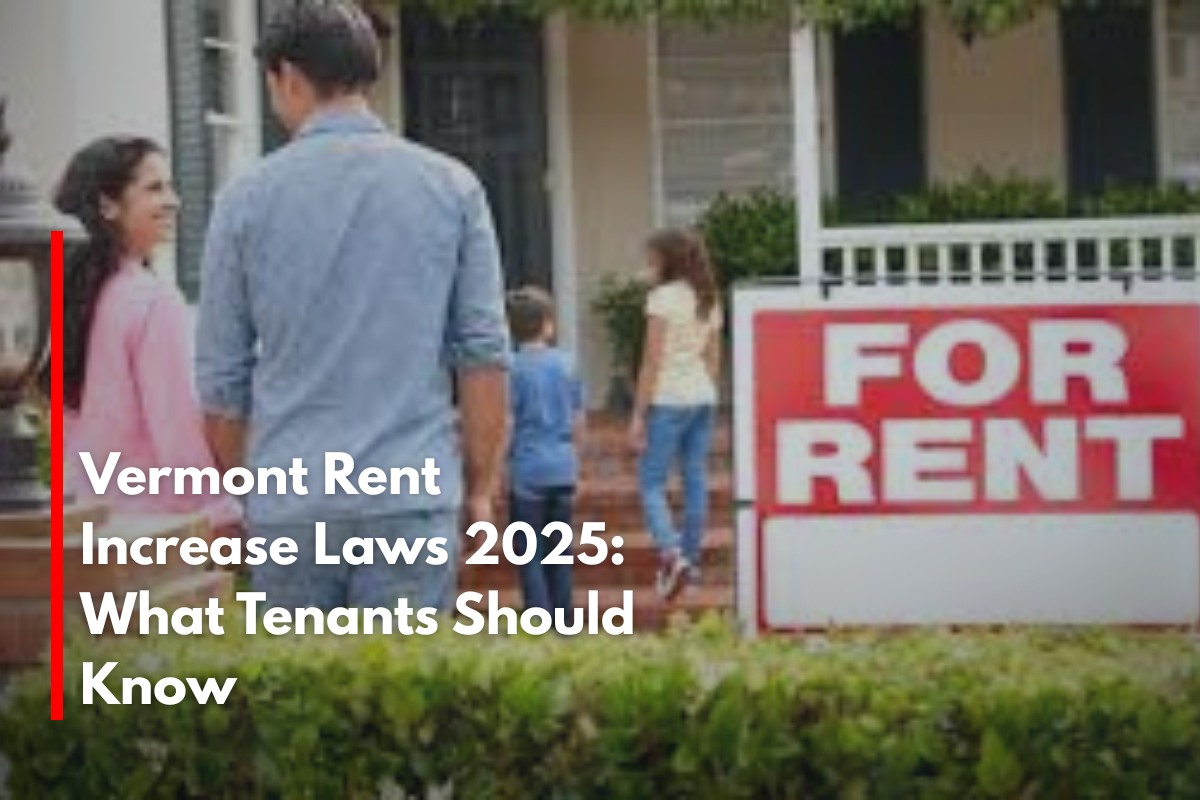Understanding rent increase laws is essential for tenants navigating Vermont’s rental market in 2025. While Vermont does not currently impose statewide rent control measures, tenants have specific rights regarding notice and reasonable increases, ensuring fair treatment by landlords.
No Statewide Rent Control but Notice Is Required
Vermont does not cap the amount by which landlords can raise rent. This means landlords may increase rent by any percentage, provided they follow legal notice requirements and increases remain reasonable in market context. However, landlords must give tenants at least 60 days’ written notice before any rent hike takes effect. This notice can be mailed or hand-delivered and must specify the amount and date of the increase.
Notice Period Variations
In the city of Burlington, Vermont’s largest city, tenants benefit from an extended 90-day notice period before a rent increase. Burlington also enforces rent control limiting increases to the Consumer Price Index (CPI) rate annually, which typically caps hikes around 2-3% to prevent excessive rent burdens.
Reasonableness of Rent Increases
Though there is no formal statewide cap, Vermont law expects rent hikes to be reasonable and justified, taking into account local market rents, property condition, and landlord expenses. If a rent increase is unexpectedly steep or not comparable to similar properties in the area, tenants may have grounds to dispute it legally.
Lease Terms Affect Rent Increases
For tenants under a fixed-term lease (e.g., one year), rent cannot be raised until the lease expires unless the lease contract specifically allows increases during the term. Month-to-month leases permit landlords to increase rent more flexibly but still require adherence to the 60-day notice rule. It’s important for tenants to review lease agreements carefully to understand rent increase provisions.
Tenant Resources and Protections
Vermont tenants facing rent increases can seek assistance from local housing support organizations and legal aid groups. These entities provide guidance on tenant rights, help negotiate with landlords, and represent tenants in disputes. Tenants with concerns about affordability or fairness can also petition for assistance through state programs.
Important Considerations for Tenants
Always verify that rent increase notices are in writing and meet the 60-day (or 90-day in Burlington) advance requirement.
Compare proposed rent increases to similar properties and local market conditions.
Understand the lease terms regarding rent increases before signing or renewing leases.
Consult tenant rights organizations if you believe a rent increase is unjustified or improperly communicated.
While Vermont lacks broad rent control laws, its rent increase regulations focus on transparency and reasonableness. Landlords must provide ample advance written notice of increases, and tenants have legal avenues to challenge unfair rent hikes. Burlington stands out as a city with additional protections to prevent excessive rent growth. Being informed and proactive helps Vermont tenants handle rent increases effectively in 2025.
Sources
(https://www.steadily.com/blog/rent-increase-laws-regulations-vermont)
(https://www.hemlane.com/resources/vermont-rent-control-laws/)
(https://innago.com/vermont-landlord-tenant-laws/)
(https://vtlawhelp.org/landlord-tenant-renter)
(https://www.vermontpublic.org/local-news/2024-12-17/a-wild-imbalance-lawmakers-unlikely-to-tackle-tenant-law-in-2025)











